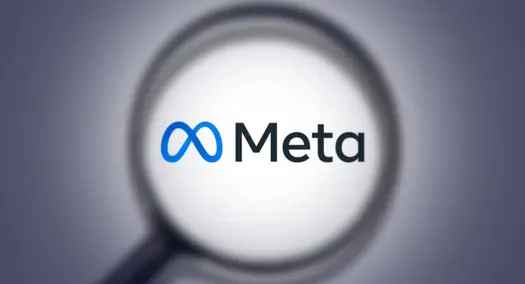T4K3.news
Meta reshapes AI unit to accelerate superintelligence push
Meta splits its AI group into four teams and reassigns staff, led by chief AI officer Alexandr Wang, to speed progress on advanced AI development.

Meta Platforms reorganizes its AI group into four teams and reassigns staff to capitalize on talent and speed work toward advanced AI.
Meta reshapes AI unit to accelerate superintelligence push
Meta Platforms is splitting its new AI group into four teams and moving many current AI staff into new roles. The shift aims to capitalize on billions spent on recent hires and to move faster on what the company calls the pursuit of superintelligence. Alexandr Wang, the former Scale AI chief executive who recently joined Meta as chief AI officer, signaled that the restructure is about turning talent into faster progress.
The four-team layout is designed to improve coordination across product areas, data, and research, aligning people with specific AI bets. Meta intends to reduce bottlenecks and speed decision making as it competes with other tech giants in the race to advance artificial intelligence. The memo describes the change as a way to accelerate development, not simply to reorganize headcount.
Key Takeaways
"Meta bets on speed over certainty in AI talent"
A concise summary of the strategic emphasis in the restructuring memo
"Four teams shape a faster path to superintelligence"
Describes the new structure and its ambition
"Talent is Meta’s asset and the plan leans on it"
Commentary on the reliance on human capital
"This is a test of coordination not just ambition"
Editorial take on execution risks
This move shows how major players try to translate large talent pools into concrete product timelines. It highlights a push for speed, but success will depend on how well the new teams integrate their work and share knowledge. The risk is that fuzzy boundaries between teams or duplicated roles could create friction and higher costs. The stakes go beyond internal efficiency; the framing around superintelligence invites scrutiny from regulators, investors, and the public about safety and governance.
In the broader tech landscape, Meta’s shift mirrors a trend where talent is treated as a strategic asset that must be channeled through clear roadmaps. The real test will be whether four teams can collaborate without creating silos, and whether the company maintains a steady pace toward ambitious goals without sacrificing safety and accountability.
Highlights
- Meta bets on speed over certainty in AI talent
- Four teams form a clear path to faster progress
- Talent is Meta’s most valuable asset and the plan centers on it
- The move invites questions about governance and risk
Budget and governance risk in AI talent restructuring
Meta shifts many AI staff into four teams to capitalize on talent and speed up development, raising concerns about cost, coordination, and safety governance amid a hype cycle around superintelligence.
The path forward will reveal how much speed matters when safety and governance must also guide invention.
Enjoyed this? Let your friends know!
Related News

Meta reshapes its AI teams

Meta AI overhaul moves ahead

Tariff era reshapes chip deals and AI plans

Meta announces creation of Superintelligence Labs

Stocks Retreat as Investors Await Key Technology Earnings

Meta restructures AI unit

AGI race deepens

Top AI firms warn about loss of monitoring ability
